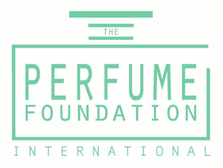|
Enchanting Autumn: Unveiling Hidden Fragrance Treasures By Andrej Babicky, Certified Master Natural Perfumer As autumn's brush strokes the world in vibrant shades of red and gold, I find myself in the warm embrace of Piedmont, Italy. Here, amidst nature's grand spectacle, my garden transcends being merely a canvas for predictable perfumery choices. It becomes a treasure trove of concealed aromatic delights. Autumn beckons with a unique charm, a season when nature dons its most exquisite attire. My explorations lead me on journeys through the woodlands and along riverbanks. It's a time when I crush leaves between my fingers, uncovering aromas I never expect. In this serendipity, the magic of fragrance discovery comes alive. Beyond my garden's confines, I venture on long walks through landscapes veiled in the characteristic autumn fog of our region. These moments of calm and solitude allow me to reflect on the passage of seasons. They also kindle my desire to hunt for seasonal treasures - fruits, berries, mushrooms, and plants awaiting transformation into unique tinctures. Autumn's Palette of Aromas Autumn, with its earthy scents and rich colors, is an opportune time to diversify our collection of essences. Imagine the musty aroma of mushrooms, the scent of undergrowth, and fallen leaves. These olfactory nuances beautifully complement the fragrance profiles of woods and barks. Mushrooms like porcini, field mushrooms, and honey mushrooms each contribute their unique aromatic notes. Mushrooms, including the esteemed truffle and the woody Ganoderma species, encapsulate the essence of the forest floor. Dried and artfully tinctured, they release an aroma reminiscent of damp earth, undergrowth, and rain-kissed leaves. These tinctures harmoniously intertwine with the scents of barks, leaves, and mosses, creating a symphony of woodland fragrances. Our journey then leads us from the forest floor to the lush green canopies, where oakmoss, tree moss, and lichens flourish. Once dried and transformed into tinctures, these natural wonders unveil a unique olfactory profile, marked by a dry, woody, earthy, and somewhat salty aroma. It's the scent of the forest after a gentle rain, an essence that imparts mysterious depth and a sense of the great outdoors to your fragrances. In this season, even the changing leaves present intriguing raw materials. Have you ever rubbed nearly dry walnut, apple, magnolia or cherry leaves between your hands, inhaling their delicate scents? While walnut leaves may challenge inclusion in final compositions due to their staining ability, cherry leaves offer a delicately fruity hay aroma. One of my favorites is the oak leaf, which I extract both in spring and autumn. Young leaves exude a bitter, warm, and intensely green scent, while the evergreen magnolia leaves evoke the sensation of sun-warmed wood, with a denser, more mysterious aroma rich in earthy nuances with just a touch of floral notes. Unexpected Inspirations Sometimes, inspiration strikes unexpectedly. During a bonsai workshop, the scent of maple roots unearthed memories of freshly dug-up carrots, leading to the creation of a surprisingly intriguing tincture. Expanding Horizons with Autumn Fruits Quince, while cherished for its aroma rather than its taste, exudes a captivating fragrance reminiscent of my grandmother's closet. Sliced thin and dried, quince becomes an extraordinary tincture, offering a unique and pleasantly juicy concoction with green, herbaceous, and vaguely floral undertones. The enchantment of autumn extends to other fruits like apples, pears, persimmons, and citrus. These often-overlooked gems can be sliced, dried, and transformed into aromatic tinctures. Apples provide a fragrance reminiscent of an orchard in full bloom, pears exude delicate notes of orchard blossoms and honeyed richness, while persimmons offer a slightly spicy aroma that captures the essence of late autumn. For citrus fruits, the aromatic potential lies within the rind. Traditionally extracted by pressing the rind or distillation they can be also tinctured. Dried citrus peels hold the zesty, bright, and invigorating essence of lemons, oranges, and various citrus varieties. These citrus tinctures bring a burst of freshness to fragrance compositions, infusing them with the vivacity of citrus groves. Unveiling Nature's Secrets: The Discovery Continues
As autumn gracefully unfolds, a fragrant tapestry unfurls. From the earthy aroma of mushrooms to the sweet notes of berries and the herbal essence of leaves, each scent tells a unique story. This season encourages experimentation and exploration, revealing the boundless potential of fragrances offered by nature. Join me on this journey into the heart of autumn, where every scent is a hidden treasure waiting to be found. If you're intrigued by the art of fragrance extraction and want to delve deeper into the secrets of this captivating process, consider enrolling in my Natural Raw Materials Extraction Masterclass. In this comprehensive course, you'll uncover the techniques, methods, and nuances of extracting fragrances from the most unexpected sources. Whether you're a seasoned perfumer or a novice exploring the world of scents, this masterclass is your gateway to a deeper understanding of nature's aromatic treasures. Join me on this exciting journey, where every aroma is a revelation, and every tincture tells a story. Don't miss the opportunity to discover more and take your passion for fragrances to the next level. Enroll in the Natural Raw Materials Extraction Masterclass today and unlock the secrets of this extraordinary art.
0 Comments
By Terry Johnson, IPF Vice Chair and Business and Marketing Expert In 1982 John Naisbitt wrote a huge, best-selling book entitled Megatrends: Ten New Directions Transforming Our Lives.
Of the ten Megatrends, the one most followed by the business world over the past 40 years is High Tech-High Touch. Naisbitt explained that in times of rapidly increasing High Tech, there will be a corresponding and increasing need to provide balance with High Touch. There is little doubt that during the past 40 years since Megatrends was written, technology has literally exploded and has continued increasing at a rapid pace. That High Tech explosion, however, continues to outpace High Touch creating imbalances with consumers. This situation greatly expands the need for more connectivity to the natural world and presents us a wonderful opportunity to restore balance in people’s lives by replacing things that weaken their immune systems and raise stress levels with products that strengthen immune systems and lower levels of stress. Suggestions for restoring the Natural Balance of Things:
In our times of rapidly increasing High Tech, it will most certainly be natural essences that restores the High Touch balance to the world. by Françoise Rapp, Master Perfumer and Lead Instructor As September rolls around, it marks the beginning of a new school year and presents the perfect opportunity to embark on exciting learning journeys. Whether you are an aspiring perfumer or experienced, we are proud to introduce the largest International natural perfumery educational platform designed to teach all aspects of this captivating art. Our comprehensive curriculum offers a range of courses, masterclasses, and advanced programs that enable you to acquire new techniques and deepen your knowledge, ultimately empowering you to design your own successful brand.
Perfumotherapy: Immersing Yourself in the World of Natural Perfumery One of our flagship courses is Perfumotherapy, an immersive experience that unveils the world and art of natural perfumery. This course provides a solid foundation in perfume creation and technique, emphasizing the crucial role of olfaction and natural essences. Comprising of Olfaction Training, French Natural Aromatherapy, and French Natural Perfumery courses, the Perfumotherapy diploma is a comprehensive program that legitimizes your work as a natural perfumer. Understanding the basics of olfaction and the true essence of natural ingredients is vital for conceiving, comprehending, conveying, and authenticating beautiful natural creations. Master Natural Perfumer: Elevating Your Expertise For certified perfumers seeking to enhance their skills and knowledge, we offer the Master Natural Perfumer course. This program includes the Perfumotherapy course as a foundation and allows you to choose four additional masterclasses or courses that align with your specific interests. Whether you wish to delve into marketing and brand design, perfect your formula-building skills, explore the role of essences on the psyche and emotions through the aromachology course, or trace the historical perfume routes with our captivating masterclasses, the choice is yours. Supporting Your Art and Passion We aim to support each natural perfumer in developing their art and passion. We believe that you are the driving force behind the world of natural perfumery today and tomorrow. That is why all Natural Perfumery Teachers Academy instructors are recognized experts in their respective fields, ensuring that you receive the highest quality education. Moreover, our courses are available in multiple languages ensuring accessibility to a wide range of learners and easing your learning experience. Additionally, we offer a convenient installment payment method to accommodate various budgets and make the courses more accessible. As you embark on this new school year, we hope September becomes filled with joyous learning and the opportunity to unleash your artistic potential. Let the wonders of natural perfumery inspire and guide you on your journey. By Vennie Chou, Certified Natural Skin Care Expert An effective skin care product targets the root of the skin problem. Effective product not only helps to retain clients, but also provides the best marketing results.
Making skin care products is not simply just adding oils and liquids. It involves understanding of some of the terminology, such as anti-inflammatory, anti-oxidant, and anti-septic. One must apply these terms or properties of botanicals in real time and to symptoms on the skin. For example, when one has rashes or hives on the skin, skin care designers need to understand the cause of the problem and determine whether to use botanicals that are anti-inflammatory or anti-septic or both to resolve the skin problem. The best plants to use in skin care are “bio-regional” or plants which grow well in local areas, as these plants live in the same environmental conditions and adapt to counter-balance harsh conditions. It is their adaptations that help local people to stay balanced. In Traditional Chinese Medicine (TCM), often the problems expressed on the face indicate the root of the skin problem. One learns to read the locations of skin issues and design corresponding care products to resolve the source of the problem. A client asked me to help her with dark bags under her eyes. She was shocked to receive a jar of Epsom salt infused with Wormwood. I told her that making products to “mask” the problem is cosmetology. Masking does not resolve her problem. What she really needs is to sleep well. Wormwood warms up the acupressure points of her feet and Epsom salts “lead” the effects of Wormwood. The combination helps her with her sleep problem, which is the root of the dark bags under the eyes. In TCM, the face is almost a “map” of many underlying issues, such digestive, hormonal and stress. The beauty of designing skin care products is incorporating traditional herbal medicine including using natural elements, aromatherapy and basic product making techniques. Skin issues may not just be “skin” problems. It is more important to understand the body as a whole to deal with the root or source of problems. Getting to the source eliminates future ‘flare-ups” and provides knowledge for prevention. Skin is not a separate unit but has many organ systems attached to it. Thus, designing an effective product requires knowledge of making proper use of earth’s valuable provisions. If you want to know more about Effective Skin Care Design, enroll in a Skin Care Course with Vennie Chou. By Creezy Courtoy, IPF Founder and Chair and Perfume Anthropologist Understanding Scent Preferences for Creating and Distributing Fragrances Distributing a perfume in several countries can be a real challenge. It can be just a failure for famous brands, but a dangerous game for small brands who can financially lose everything. In the art of fragrance creation, understanding the anthropology of perfume is essential. By delving into the diverse scent preferences shaped by culture, region, and individual sensitivities, fragrance creators can craft scents that resonate on a deeper level. The ability to influence others through the strategic use of preferred scents becomes more attainable when armed with the knowledge of anthropology of perfume. So, let's embrace the rich tapestry of scent preferences and create fragrances that captivate the senses and forge lasting connections. Men and women have long recognized the power of scents in influencing their fellow humans. While it is impossible to predict exactly how an individual will respond to a particular smell, psychologists have discovered intriguing connections between odors and memories. For example, a single floral scent can evoke memories of a crowded elevator, a funeral, an old boyfriend's excessive aftershave, or even the onset of hay fever. Despite the varying responses, scientific investigations have revealed common preferences among sexes, cultures, age groups, and personality types. By understanding these preferences, perfumers can safely select the countries where their products will be successful. Cultural Influences on Scent Preferences Cultures play a significant role in shaping scent preferences and the ways in which scents are used. Let's explore some fascinating examples: The Japanese: Perfuming Daily Life
In Japanese culture, scent has permeated almost every aspect of daily life. From personal care products to household items, the Japanese have cultivated a deep appreciation for fragrance. They even engage in games with friends and family that involve identifying various smells. Understanding the importance of scent in Japanese culture can provide valuable insights when creating fragrances for this audience. In contrast, the Anglo-Saxon approach to scent is more understated. Publicly smelling one's food or wine is considered uncouth in their culture. However, the bouquet of wine and the taste of food both heavily rely on the sense of smell. Anglo-Saxons prefer subtler scents when it comes to personal fragrance, avoiding being too "obvious." Respect for cultural norms is crucial when designing fragrances for this audience. Across different cultures, there are notable variations in scent preferences. For instance, Orientals appreciate heavy, spicy, and animalistic perfumes. Valerian root extract, which is detested by most Europeans, is favored in Oriental cultures. On the other hand, Asians may struggle to understand the Western love for pungent cheeses. Recognizing these cultural differences is essential for creating fragrances that resonate with specific target markets. Regional Influences on Fragrance Choices Apart from cultural influences, regional factors such as climate and environment also shape fragrance preferences. Northern Europeans, living in colder climates, often prefer heavier fragrances that provide warmth and comfort. In contrast, Mediterraneans are drawn to sophisticated floral scents, likely due to their love for being surrounded by flowers. Taking these climate-based preferences into account can enhance the effectiveness of fragrance creations. Universally Pleasant Smells and Aversions While there are cultural and regional variations, it is safe to say that there is a broad agreement within the human race about what smells pleasant and what doesn't. Most people appreciate flower and fruit scents, while being repulsed by foul odors such as rotten eggs, fish, or stagnant drains. Understanding these universally pleasant and unpleasant smells can guide fragrance creators in developing appealing and attractive scents. People's responses to scents can also vary based on their individual sensitivities, as well as the influence of education, societies, and marketing. Therefore, do not miss your opportunity to sell and distribute successfully your perfumes worldwide. Learn more about the Anthropology of Perfume and get ready for your perfume distribution. By Terry Johnson, IPF Chair USA and Busines and Marketing Expert Competition in today’s markets has never been stronger.
Yet, I continually see examples of natural perfume and natural essence businesses that have not made many adjustments to their sales efforts to overcome the fierce competitive headwinds brought on by a deadly pandemic, numerous supply chain issues, and high inflation. These conditions have seriously changed consumer perspectives and require frequent reviews of sales and marketing strategies to reflect current realities rather than relying on consumer preferences and priorities that no longer exist. You and everyone working with you should put on their selling hats for a while and focus on how to get consumers needing to purchase your products at premium prices, not just wanting to. In the High-Value Natural Perfume consumer market, the first order of business is to identify every potential value feature of your products and incorporate those value features into selling benefits for consumers justifying premium pricing you need to charge. When consumers see something for sale that appears attractive to them, they determine the level of value that the product could provide them, and then they check the price. If the level of value is above the price, they are more likely to buy. If the level of value is below the price, they are less likely to make a purchase. Selling the value and benefits of your products greatly increases the likelihood of closing the sale profitably. Here are 7 solid tips on strengthening and updating your Natural Perfumes and Essences selling strategies:
Terry Johnson is teaching and consulting at The Natural Perfumery Teacher's Academy. If you want to learn more about Business and Marketing in the Natural Essences World, you can follow his course or contact us for consultancies. By Andrej Babicky, Certified Natural Perfumer and Raw Material Extraction Methods Expert Unveiling the Ancient Art of Enfleurage: Capturing the Essence of Flowers Natural perfumery it's not just about creating amazing fragrances, but also about growing flowers and extracting essences. One technique that holds a special place in this aromatic world is enfleurage. It's all about capturing the magical essence of a flower to make one-of-a-kind scents. So, let's dive into the enchanting process of enfleurage and get tangled up in the mesmerizing world of scents! It is to the Greeks that we owe the addition of oils scented with flowers to spices, gums and balms. The flowers and plants used for export must be transformed to be preserved. Olive oil, one of the main wealth of Greece, was used as an ointment and as an excipient in the manufacture of perfumed oils. The Greeks practiced enfleurage and very early developed the art of making perfumes. During the mid-1700s. Grasse became a thriving center for industrial production and essence extraction, thanks to the refinement of this technique. However, in today's modern perfume industry, enfleurage is considered more of a historical extraction method. Solvent extractions and the utilization of aromatic molecules have taken precedence. Nonetheless, with the recent resurgence of interest in natural perfumery, some perfumers have embraced enfleurage once again, making slight modifications to the classical procedure and achieving remarkable results. Enfleurage is primarily employed for flowers that contain small quantities of essence or delicate blossoms that could be compromised by other extraction methods. The technique capitalizes on the principle of fat absorption, where the most volatile aromatic molecules are captured by a fat medium upon contact. Various fats, such as lard, ox fat, lamb fat, vegetable oils, mineral oils, and even Vaseline, were traditionally used. Often, a combination of fats was employed, and the specific formula was carefully guarded as an industrial secret, tailored to different flowers and extraction seasons. The unique property of fats to adsorb odorous substances is harnessed when other extraction methods fail to capture the desired scent from flowers or plants. In enfleurage, the flowers are placed in direct contact with the fat, be it in liquid or solid form, until the fat becomes saturated with the perfume. Enfleurage can be performed using either the hot or cold method, depending on the flower and desired outcome. Nowadays, enfleurage is predominantly practiced for illustrative and educational purposes, as it is a labor-intensive and costly process. During cold enfleurage, flowers were placed daily on frames coated with a thick layer of fat. It took approximately 60 days for the fats to absorb the fragrance fully. For instance, 25 kilograms of jasmine flowers were required to perfume one kilogram of fat, while a mere two kilograms of tuberose flowers achieved the same result. This exemplifies the delicate nature of enfleurage and its ability to capture the essence of a flower in minute quantities. Enfleurage holds a special allure for many, as it manages to capture the ethereal essence and aromatic breath of a flower, entwining them in a magical alchemical process. While it may be a time-consuming and demanding technique, it offers a more intimate and personal relationship with the raw materials. For those fortunate enough to have a garden, a balcony, or even just a window, enfleurage can be an enchanting experiment worth undertaking. Through cultivation and extraction, one can discover unexpected and delightful results, forming a deeper connection with nature's fragrant gifts. Enfleurage stands as a testament to the artistry and craftsmanship of perfumery.
It allows us to delve into the essence of flowers, their fleeting beauty and transforming it into olfactory masterpieces. While modern techniques have largely replaced enfleurage in commercial perfume production, its revival among natural perfumers showcases its enduring charm and the endless possibilities it holds. So, why not embark on your own scented adventure and uncover the captivating world of enfleurage following our course of Natural extraction techniques? Discover more about the Natural Raw Material Extraction Methods By Ana Elena Sastrias, Certified Olfaction Trainer and Certified Natural Perfumer Our Vision is the door to our Visual Reality. Our Sense of Smell completes that Visual Reality with the perception of Scents and Flavours, generating Memories and Emotions and Connections with other beings, including human beings. Human beings, as with some other animals including bacteria, have different perceptions of the Sense of Smell. Some animals have more complex sensory systems than others. As we evolved and became stewards of land and animals, we also developed Art, Culture and Science. We, as a species, wanted to separate from the other animals and other species, destroying that relationship we had in the beginning between animals and flora that had brought us together through the primary senses and instincts. We have also developed various lifestyles that have de-programmed our physiological priorities as a species, by alienating our Sense of Smell as almost unimportant, giving much more priority to other senses, such as Vision. Fragrances, being very ephemeral, are very quickly overwhelmed, replaced by sound and visual inputs. The sense of smell, ancestrally the First Sense, has become the last sense we use. During the last three decades, Humans have been seeking the state of wellbeing, re-educating ourselves to desire sustainability and health, developing the appreciation of natural products, while rejecting the use of synthetics. Still, a lot more needs to be done in this matter. Being aware of how our Olfactory system works can provide some insight and awareness of what to smell and how natural scent molecules can directly impact our health. In our present environment, after the Covid-19 pandemic, it seems that we have mostly lost our Olfactory sense and must re-learn to smell. Mask protection and lockouts affected our sense of perception of reality, blocking our free instinctive power to breath and lowering the capacity of the Olfactory Sense. Now that we are beginning to become free of masks, we need to re-train our sense of smell and our breathing techniques. From birth we connect with our mothers through the sense of smell. Our mothers when having us as babies, not only shared genes, but also shared phenotype features such as smells. Babies have a very fresh and well-developed sense of smell which guides them to receive messages that make them feel safe. The olfactory sense of babies is so sensitive that allows them to react to odours through motor reactions, respiratory and cardiac rhythmic changes. Babies less than two weeks old orient themselves automatically towards maternal odours. They learn to recognise their mother by her smell, which they will prefer to any other smell and will bond to it. It could be said that “newborns” see with their noses. People losing their olfactory sense, very often develop symptoms of depression and feel very isolated aside from having a great negative impact in their quality of life and a loss of their sense of safety. That is why it is so important to re-train our sense of smell through Olfaction Training, suitable for future perfumers, trained perfumers and people suffering from affected sense of smell like anosmia, hyposmia or dysosmia conditions. There is also a Health aspect associated with the correct way of using our sense of smell and our relationship with Nature. It is now paramount to protect our Natural Resources, our flora, woodlands, rivers, lakes, and oceans, as they provide us with scent molecules that can contribute positively to our health and even repair our DNA. We, as Humans, share DNA with other species. We can even repair our hormones and DNA by smelling scents from Nature, like flowers or plants, by using proper Breathing and Olfaction Techniques and using the Natural Raw Materials adequate for Natural Perfumery and Aromatherapy. The Beneficial Power of Nature Like many raw materials Opoponax, which means in Greek “heal everything,” is a resin which Dioscorides used to heal Nero in the times of The Roman Empire. This plant, native of Abyssinia, is also produced in China and sent to India which uses it for Religious purposes. The essential oil of Opoponax is obtained by distillation and it is an excellent fixative used in perfumery. Marjoram, since antiquity, has been used by Egyptians and Arabs to relieve migraine, and its scent has soothing and comforting qualities. It is generally used for calming anxiety, nervousness, migraine and insomnia and it is recommended for the people suffering from depression. Other raw materials, like Juniper, have antiseptic, depurative and diuretic properties. Geranium has anti-inflammatory properties. Eucalyptus can be used to treat fevers or as a decongestant of the respiratory tract. Cinnamon, since antiquity, is originally from Sri Lanka and can also be found in the Seychelles and Madagascar. is It is also used not just for culinary purposes, but for medicinal purposes from its stimulating, tonic properties and through improving blood circulation. Cinnamon can also be used as an antiseptic. Many of these and other natural plant raw materials have been used for a thousand years in many forms. Fumes, ointments, oils, and essential oils with purifying effects have been used for their restorative properties to our healthy electromagnetic vibration frequencies. Essential oils’ scent molecules travel to the nose receptors that detect the oil molecules with specific frequency, and then send signals of these vibrational frequencies to the brain. The intention of the healing process is to provide the correct vibrational frequency required that will bring the brain and body back to a state of coherence. This is the therapy by special vibration remedies capable of healing or rebalancing the brain’s and body’s DNA cells. That it is why is so important to smell raw materials from Nature and not from synthetic molecules, as the Natural scent molecules have all the complete vibrational frequency codes necessary to be used in healing. Synthetic scent molecules will not have the same healing power, would not be beneficial for treating health matters and, in the worst cases, may distort our hormones and DNA. The New Luxury Code
For these reasons, the International Perfume Foundation developed the “New Luxury Code” in Natural Perfumery products that allows us as perfumers to work on this goal by taking into consideration the meaning of “Luxury” as respectful, exceptional, sustainable, perfect, not necessarily expensive, smells and feels great, contributes to culture, sensitive to everyone’s culture, produces a change, makes us happy, and is eternally beautiful. The Natural Perfumery Teacher's Academy is proposing monthly online Olfaction Training Courses in French, English, Spanish, Italian, Portuguese, Chinese and Arabic languages. By Françoise Rapp, Certified Master Perfumer Perfumery has been an integral part of human life for centuries, with the use of natural fragrances dating back to ancient civilizations. One of the key ingredients in any heritage perfume is Musk, which has a rich history worldwide. Musk is a complex and intriguing aroma that adds depth and complexity to fragrances, but it has also been controversial due to its animal origins. In this article, we look closer at the different types of Musk used in the perfumery industry and how it has been adapted to natural perfumery while keeping the ethical concerns surrounding their use. A brief history of Musk The use of Musk in perfumery dates to ancient times, with the ancient Egyptians and Romans using Musk in their perfumes. Musk was considered a luxury item and often used in religious ceremonies. The Musk used in ancient times came from the musk deer, a small deer found in Asia. The musk deer produces a glandular secretion with a strong, musky odor, collected. Sometimes part in rituals to ward off negative vibrations or as a medical remedy, Musk has crossed civilizations and borders. If its use varied from one culture to another, all recognized the aphrodisiac virtues of Musk. This property originates in the animal world: during the rutting period, the musk horse secretes an odorous liquid that bewitches females. By the 6th century, Musk was discovered by Greek explorers, making its way across India into the Arabic regions. From this time, Musk's power and popularity took off, turning into everything from perfumes to pomander balls to ward off smells and disease. From the 8th to the 13th century, animal musk was a must to perfume clothes and interiors. However, it was in the 12th century that this substance arrived in Western Europe. By the 15th century, the musk trade peaked, and Islamic culture and regional rituals used it to represent the smell of heaven. In the 19th century, Musk became even more popular in the perfumery industry, and the demand for Musk led to the overhunting of musk deer. It led to a decline in the musk deer population and made Musk expensive and rare. As a result, the perfumery industry began to look for alternative sources of Musk, like synthetic Musk. Still nowadays, however. The appeal of Musk's warm, sensual scent reached its peak in the 1960s and 1970s, and it has now become an essential component in perfumery and cosmetics. Musk and Animal Cruelty The use of Musk from the musk deer has been controversial due to the harm caused to the animals. Harvesting Musk from the musk deer requires killing the animal, leading to the overhunting of the musk deer and a decline in their population. In addition, the musk deer is a protected species, and the harvesting of Musk is illegal in many countries. While natural Musk from the musk deer has decreased, some perfumers still use it in their perfumes. Since the growing era of synthetics, Musk has been king and still nowadays. Perfumers add Musk to their formula to add a long-lasting effect and a soft sensual facet to their scent. Conventional perfumery uses synthetics Musk for those reasons and the cost efficiency of formulas. Besides the impact on our health and the olfactory flatness of the synthetic component, it contributes to making conventional perfumes smell the same. Musk becomes a joker card for traditional perfumers who overuse it, often forgetting or not knowing that natural musky notes can be more flattering for the senses than they imagine. However, there has been a growing trend toward using Musk from plant sources in natural perfumery, and it is so much more interesting in terms of olfactory quality! The Use of Musk from Plant Sources in Natural Perfumery
Musk from plant sources has become increasingly popular in natural perfumery. Musk's most common plant source is the ambrette seed, which has a sweet musky aroma; it is called the seeds of Musk. However, it is possible to use other plant sources to build musk accords and provide the same olfactory enchantment and perfume-lasting quality. Plant-based Musk has a different aroma than animal-based Musk but still adds depth and complexity to perfumes. The olfactory specifics of botanical musk depend on the source of the Musk. For example, when ambrette seed musk has a sweet and musky aroma, angelica root has a spicy facet. Plant-based Musk is often combined with other natural perfume ingredients to create unique and complex accords. What does botanical musk accord bring to a natural perfume? Using plant-based Musk in natural perfumery has opened a new world of possibilities for perfumers, allowing them to create unique and sustainable fragrances. It ignites the perfumer's creativity and adds another dimension to a natural perfumed composition. Moreover, it is a source of inspiration for noses. In a natural perfume, musk accord brings a feeling of softness and comfort, a deep, reassuring sensation. This olfactory family is addictive and comforting: people who wear a perfume containing Musk feel a sense of serenity as if they were in a cocoon. A long-lasting trail: in the composition of a perfume, the molecules contained in botanical musk accord play the role of fixers, which makes it possible to prolong the "sillage" of scents. The musky notes become binders between the various elements of the agreement and bring roundness and sensuality. Popular in women's and mixed fragrances, we can use Musk in the base notes of compositions for those properties and its delightful character. How to Compose Botanical Musk Composing botanical musk requires a deep understanding of the different plant sources of Musk and their olfactory components. Perfumers must also have a keen sense of the other natural ingredients used in perfumes and how they interact with each other. One way to learn how to compose botanical musk is through a masterclass. A masterclass is a great way to gain valuable knowledge and mastery from an experienced perfumer. In a masterclass, participants learn about the different plant sources of Musk, their olfactory properties, and how to combine them with other natural ingredients to create unique and complex accords and natural fragrances. Creating your signature musk accord is a must for a natural perfumer and a secret formulation that make your natural fragrances outstanding while being sustainable and from plant sources. If you're interested in learning how to compose botanical musk and want to take your natural perfumery skills to the next level, then a masterclass is the perfect way. Stay tuned for more information about our upcoming masterclass, where you'll learn from experienced perfumers and gain hands-on experience in creating natural perfumes. By learning how to use plant-based Musk in perfumes, you'll be able to create unique and complex fragrances that are both sustainable and ethical. So, join us for our upcoming masterclass on June 5 and take your natural perfumery skills to the next level! Botanical Musk Accords Master Class By Creezy Courtoy, Perfume Historian and Anthropologist For a long time, Perfume remained an important source of revenue for Greece. In the Bronze Age, Egypt, due to its geographical, protected and isolated location and by its geological wealth and cultures, was obliged to import raw materials from Arabia and the Aegean Islands. Egypt was rich in gold, but did not possess the raw materials necessary for making perfumes. Arabs, Hadramaout (South Yemen) and Dhofar (Oman) provided Egypt with scented woods and resins (myrrh, incense, olebanon) and Greeks provided flowers, herbs and their talents of perfumers in the confection of perfumed oils. Greece was then a country of farmers, breeders, Artisan Corporations and a fighting aristocracy. Greece was a country of scents, herbs, flowers and plants. Due to its geographical location and its numerous surrounding islands, Greece was a gateway to Asia Minor, Syria and Egypt. The Greeks are credited for having added to spices, to gums and to balms, oils scented with flowers. Flowers and plants used for export had to be preserved and transformed. Olive oil, one of the main resources of Greece, was used as an ointment and as an excipient or absorbent in perfume oils. The Greeks practiced ‘enfleurage’ and from an early age, the art of creating perfumed oils. In the time of Ancient Egypt, perfume was used mainly to communicate with the gods; during Ancient Greece, it was used to resemble the gods. Perfume was actually used by Egyptians but never throughout history could Egyptians, impregnated with fragrant scents, assist human divination, not only in the sculptural art that gave the gods their human faces and bodies, but also in the wearing of perfume that participated in this quest of perfection by making humans more divine. Since gods smell good, to be like them you must smell divinely good. The Greeks associate perfume to the erotic power of the union of two people. The Greeks buried their dead with their possessions and a terracotta vase or alabaster containing perfume. For poor people, vials painted onto the coffin replaced the alabasters. The perfume played the role of intermediary between the world of people and that of Gods and helped the dead to reach the other world. In everyday life, perfume was not a neutral thing, « thion », « myron » or a simple aroma but a feminine being. It was used in and for everything; as a life elixir, a nectar, and a ragweed. It gave hope of immortality to humans because the Gods were beautiful and immortal. For the author Virgil, Venus (Aphrodite) created the rose perfume. "One day, Venus wanted to cut a white flower and pricked herself, covering her with an everlasting purple color. To Cupid, the rose seemed so beautiful that he kissed it… This is where its smell comes from." Towards the end of the II Millennium BC, the Greek industry acquired knowledge, “art de vivre” and know-how that gave birth to the Europe of Perfumes. Pliny the Elder, in his Natural History text (XIII 9-12 XV, 28-38), mentioned at least 22 kinds of perfumed oils, most of them extracted from plants naturally growing on the island of Crete: cypress, marjoram, broom, iris, spikenard, rose, myrtle, laurel, crocus, lily, juniper, pine, nut, almond, carnation, poppy, coriander, aniseed, cumin, narcissus, and daisy. During the period of the Mycenaeans, even taxes were paid in plants. Circa 1450 BC, perfumery was truly an industry controlled by the Masters of the Mycenaean palaces. The decryption of linear writing par par Alice Kober in 1947 and Michaël Ventris et John Chadwick in 1952, found on 20% of the 7000 Mycenaean clay tablets of the islands of the Aegean Sea show that a prominent position was given to scented products, ointments, incenses, aromatic wine, perfume oils, and spices. Everything listed on these tablets provided a real accounting of orders and exports. Perfumery, in Greece was mainly a branch of medical science. Some odors excited or inspired while others healed. Hippocrates studied skincare in a comprehensive manner and advocated perfumed baths and massages combined with the use of aromatic substances to treat some diseases. He recommended remedies based on sage, cinnamon or cumin, applied either through fumigation, potions, frictions or aromatic baths. He also used perfume as a protection against diseases. It is said that he saved Athens from the plague by burning aromatic woods and hanging flower garlands in the streets. Hippocrates considered various oils used to preserve odors, the use of flowers and spices and the choice of a hundred perfumes for different states of mind and health both for men and women. "Because both senses – taste and smell – are linked one to another, each serves somehow the pleasure of the other and man can thus discover fragrances either because it pleases the taste or the sense of smell.’’ Théophraste (400BC Book of Odors – Chapter III) The Greeks were the first to utilize ‘’packaging’’ and ‘’marketing techniques’’. The alabasters, the oenochoes and the ariballoi were all made of terracotta decorated with trendy themes, perfectly understood by all the populations of the Mediterranean and all refer to Greek mythology or to major known themes. These vials were presented in various sizes in the same way as bottles are today: from the small inexpensive ariballoi vial containing little perfume to the enormous and expensive ariballoi jar which would today correspond to 1 litre of perfume. For a long time, perfumery items remained an important source of revenues for Greece. Cargos of wax-sealed vials and vases containing perfume oils were continuously leaving Peloponnese or Crete towards Mediterranean ports. Masters in the Art of creating perfumes; Masters in the Art of Cosmetics, ornament and make-up; Masters of the Art of packaging: the Greeks created the first industry of perfumery during Ancient times. If you want to learn more about the Anthropology and History of Greece or any other countries, enrol for Creezy Courtoy's Courses or Master Classes
|
Archives
March 2024
Categories
All
|
- Home
- About
- Why choosing us
- Mission
- Academicians
- IPF Certification
-
COURSES
-
MASTER CLASSES
- Teaching Methodology
- Natural Raw Material Extraction Methods >
- Natural Candle Making
- Healing Gardening
- Sustainable Oud MasterClass
- World Perfume History Master Class
- Scent Design and Formula Building >
- Fragrant Botany & Chemistry >
- Perfume Design, Concept and Storytelling
- French Natural Aromachology #1
- French Natural Aromachology #2
- Olfaction Training for Children
- Accords - Musks
- Accords - Chypre
- Accords - White Florals 1
- Accords - Fougeres and Aromatics
- FRAGRANCE DEVELOPMENT
- SPEAKERS
- EXHIBITIONS
- Partners
- Blog
- Contact
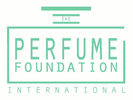
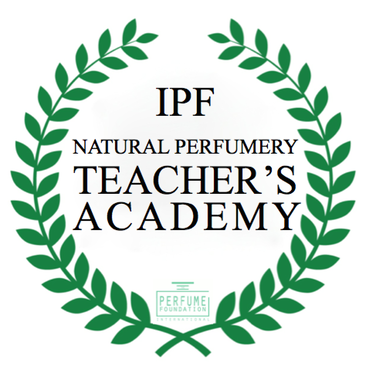
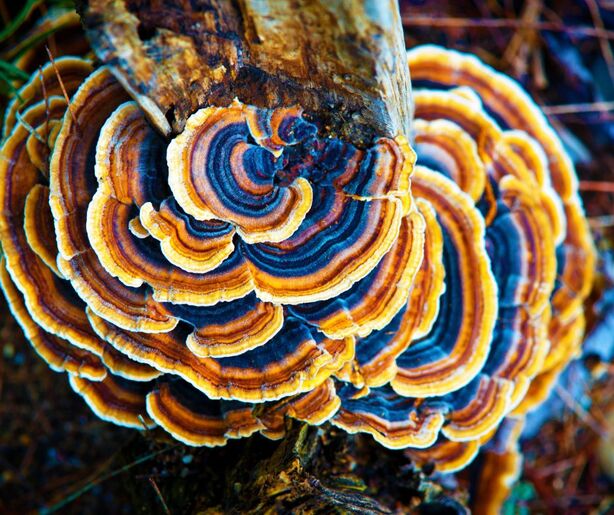
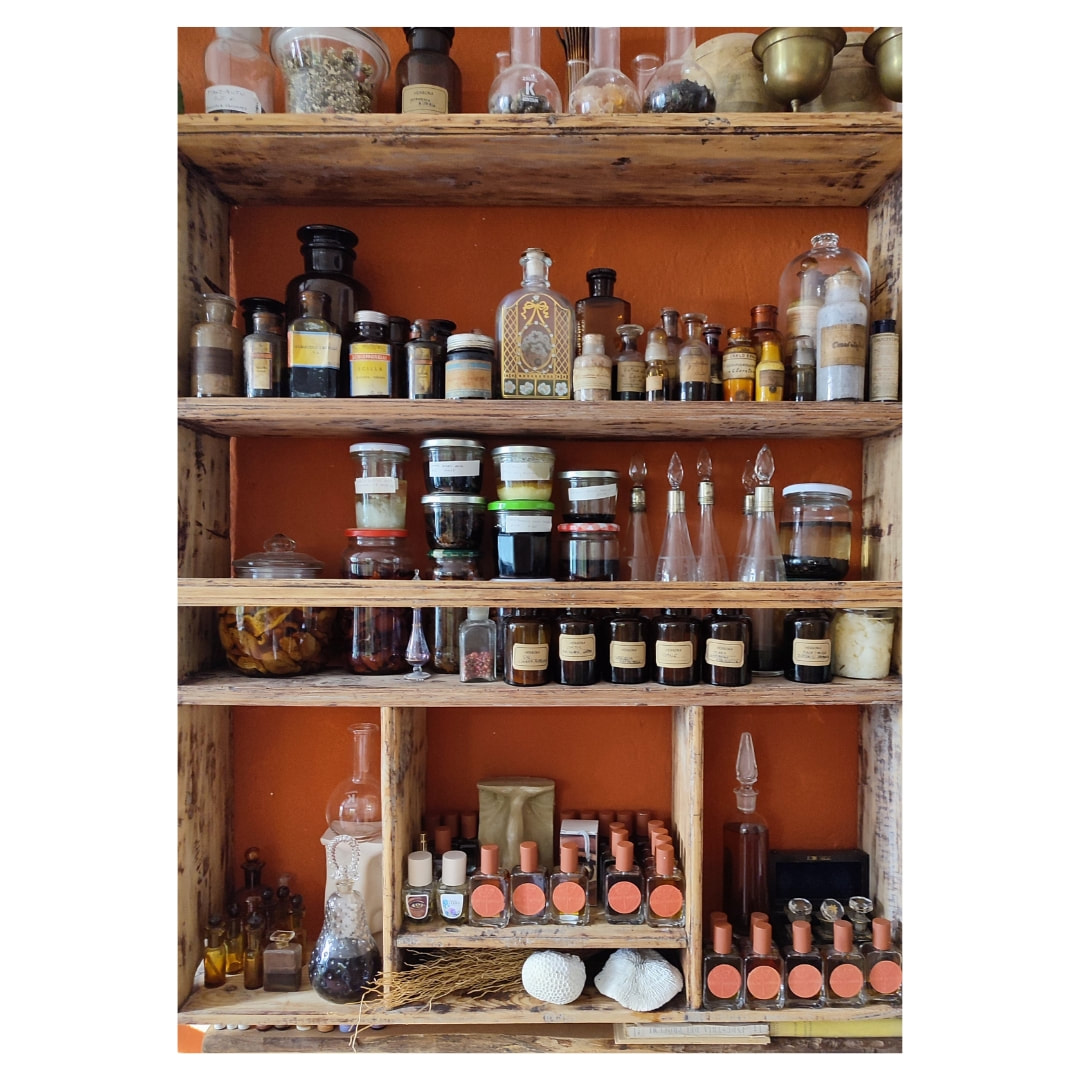
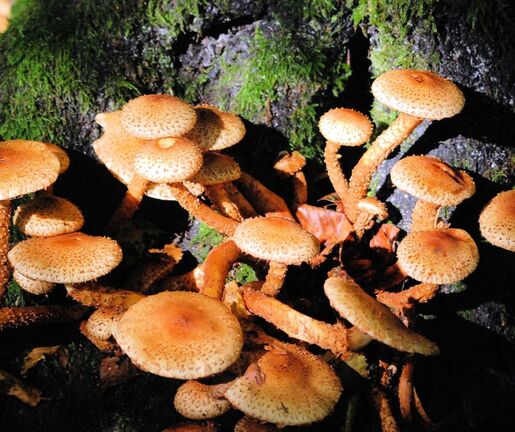
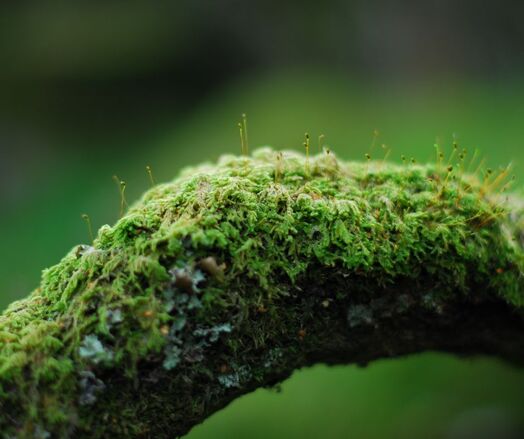
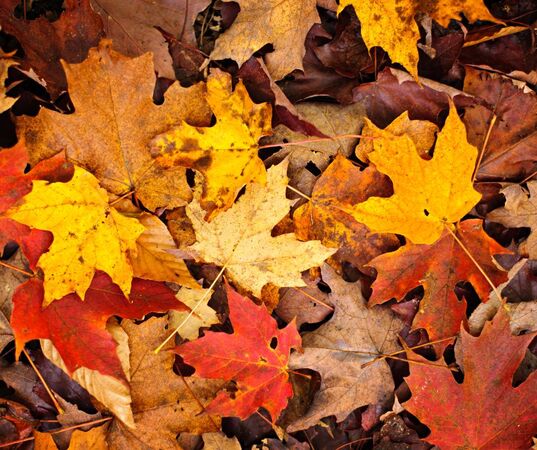
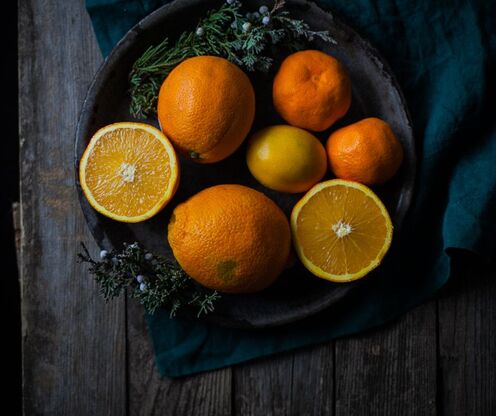
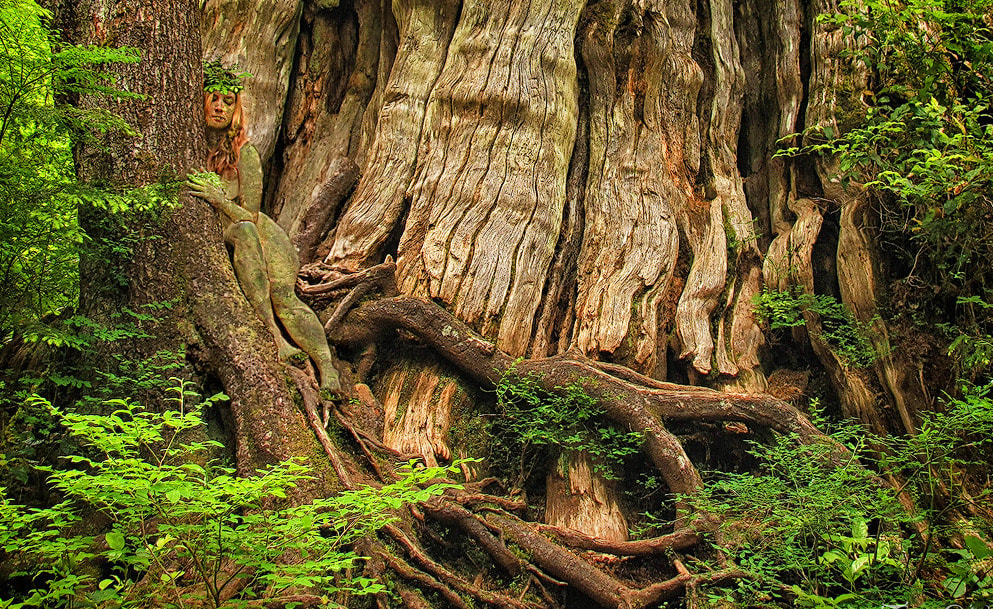
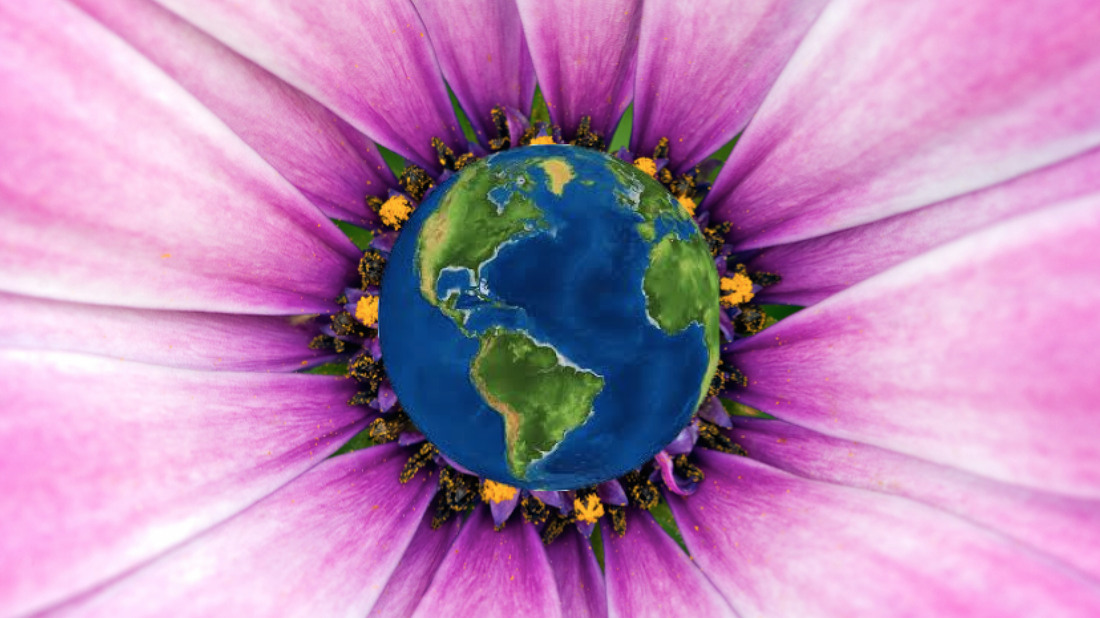
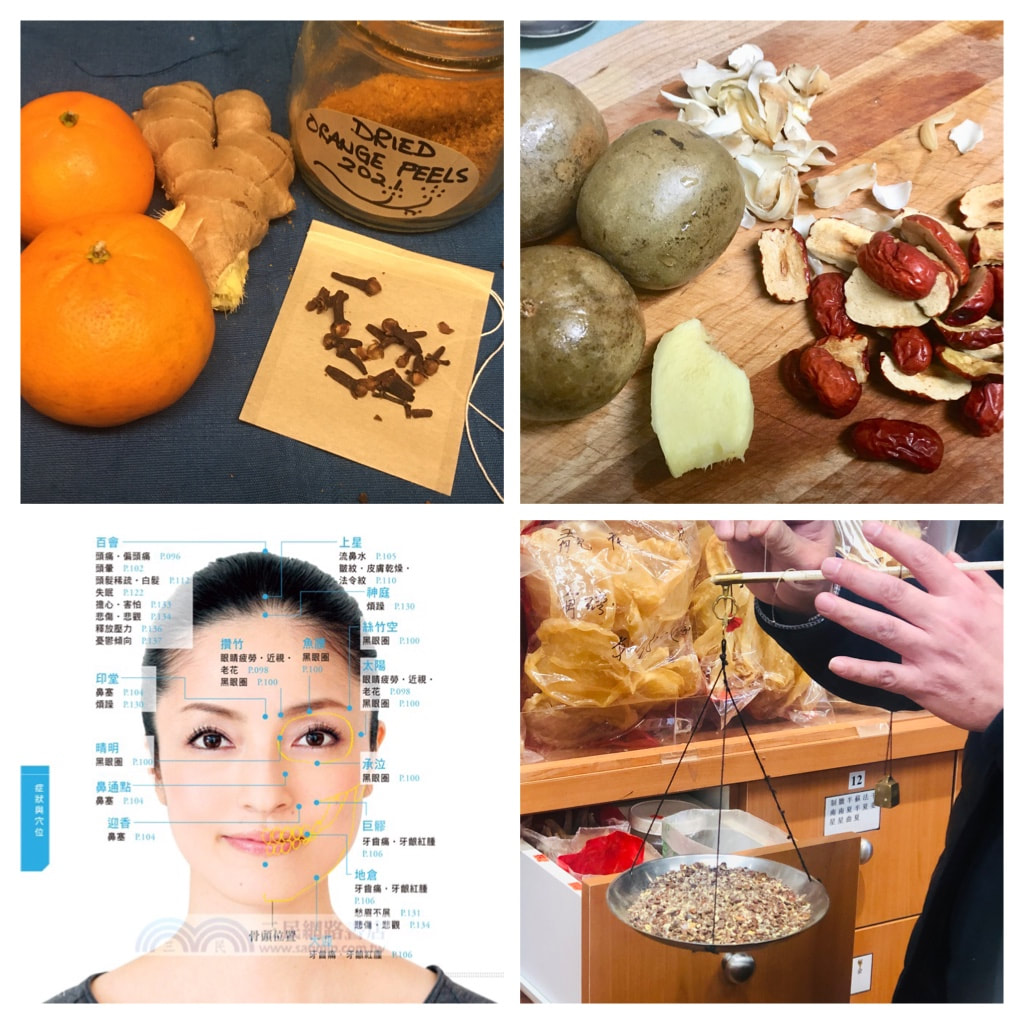
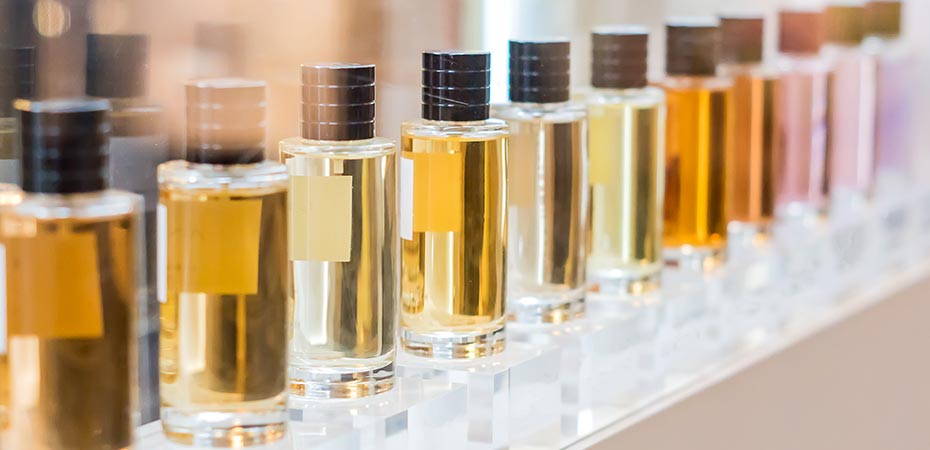
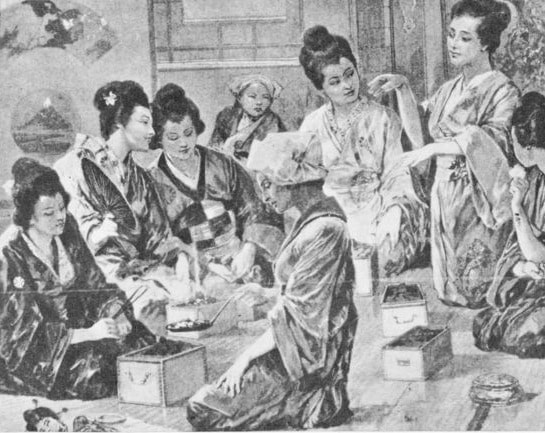
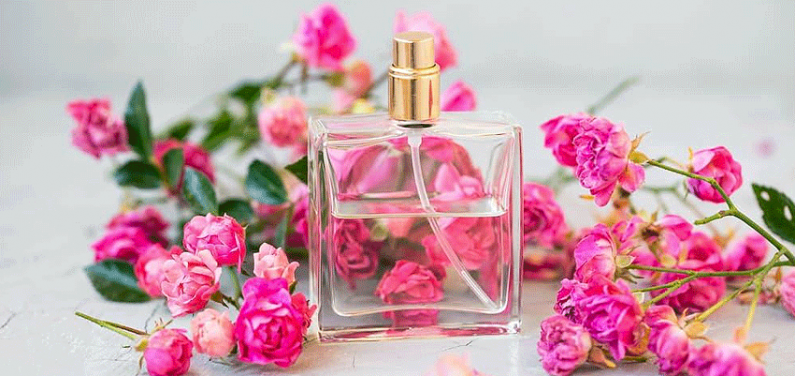
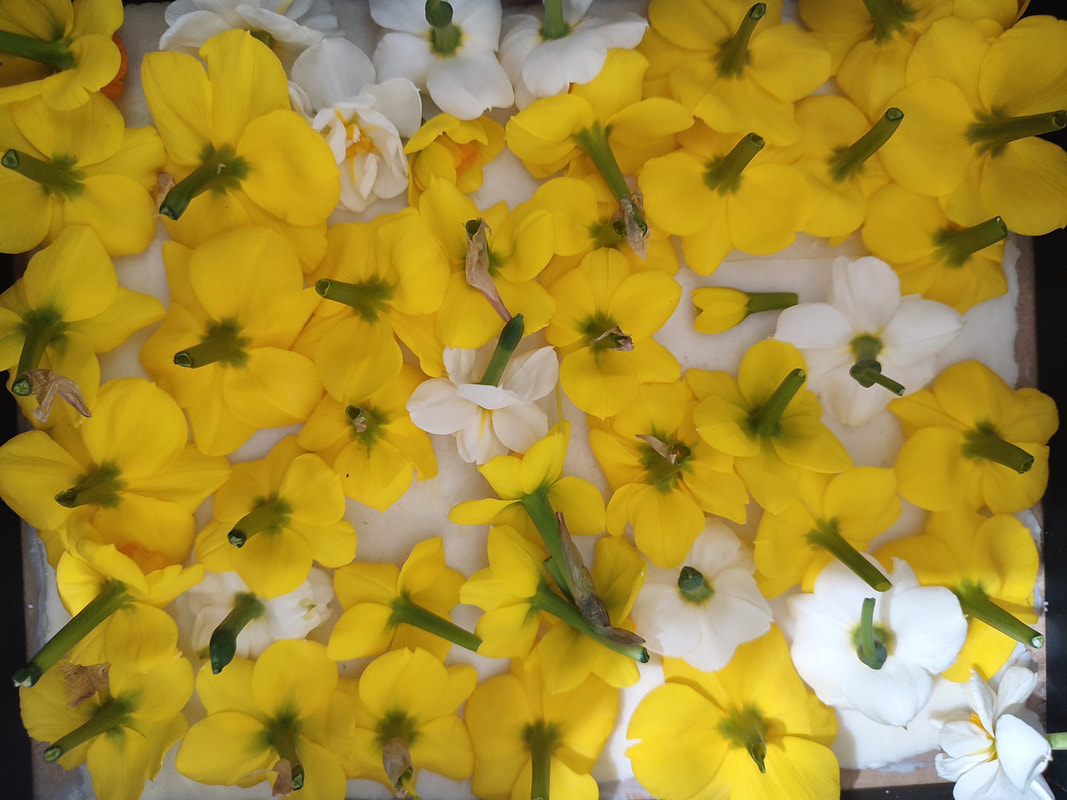
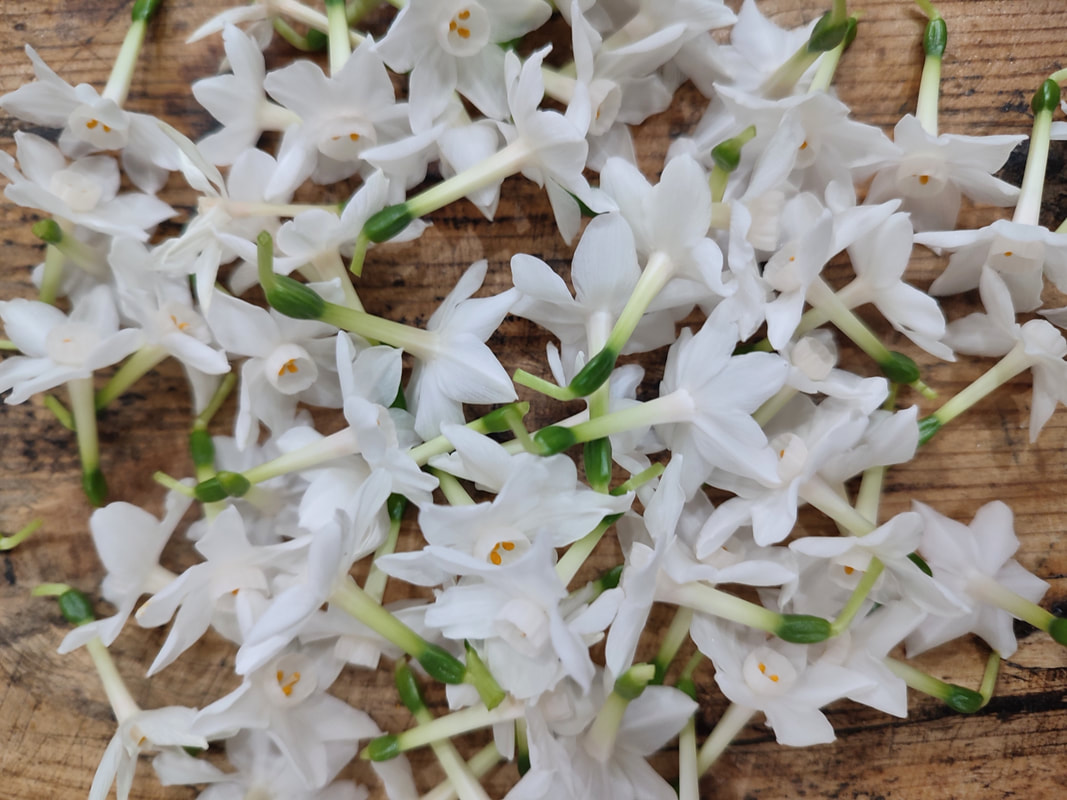
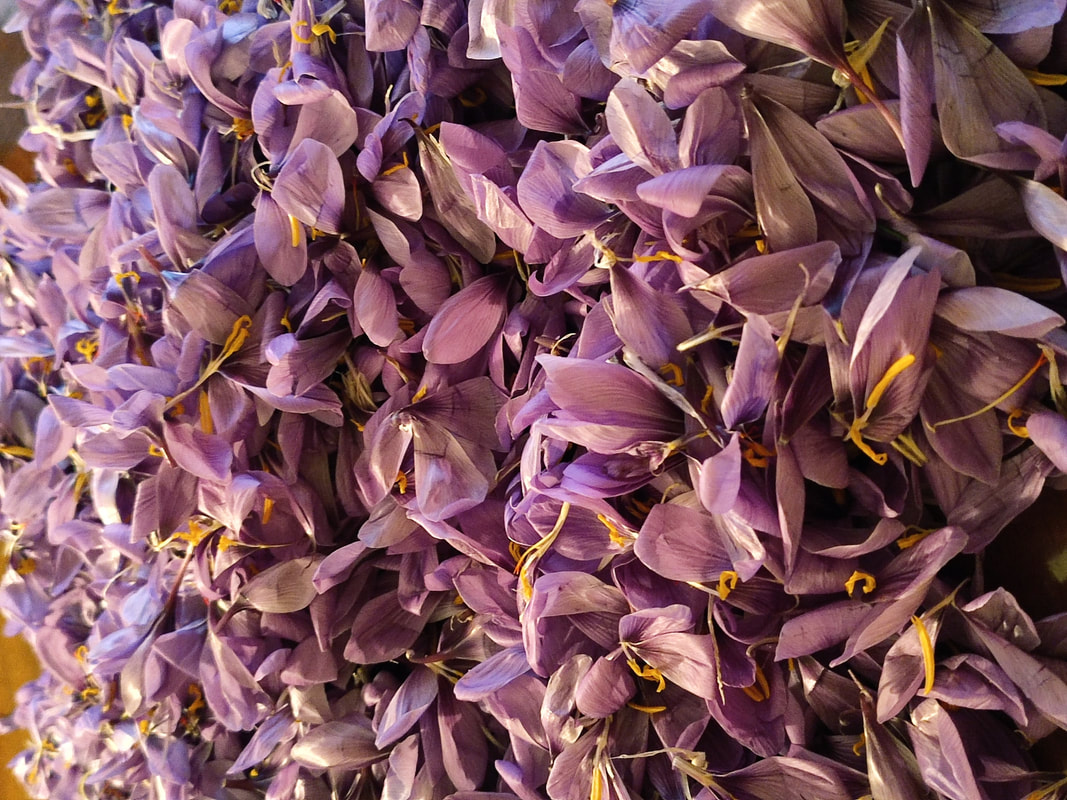
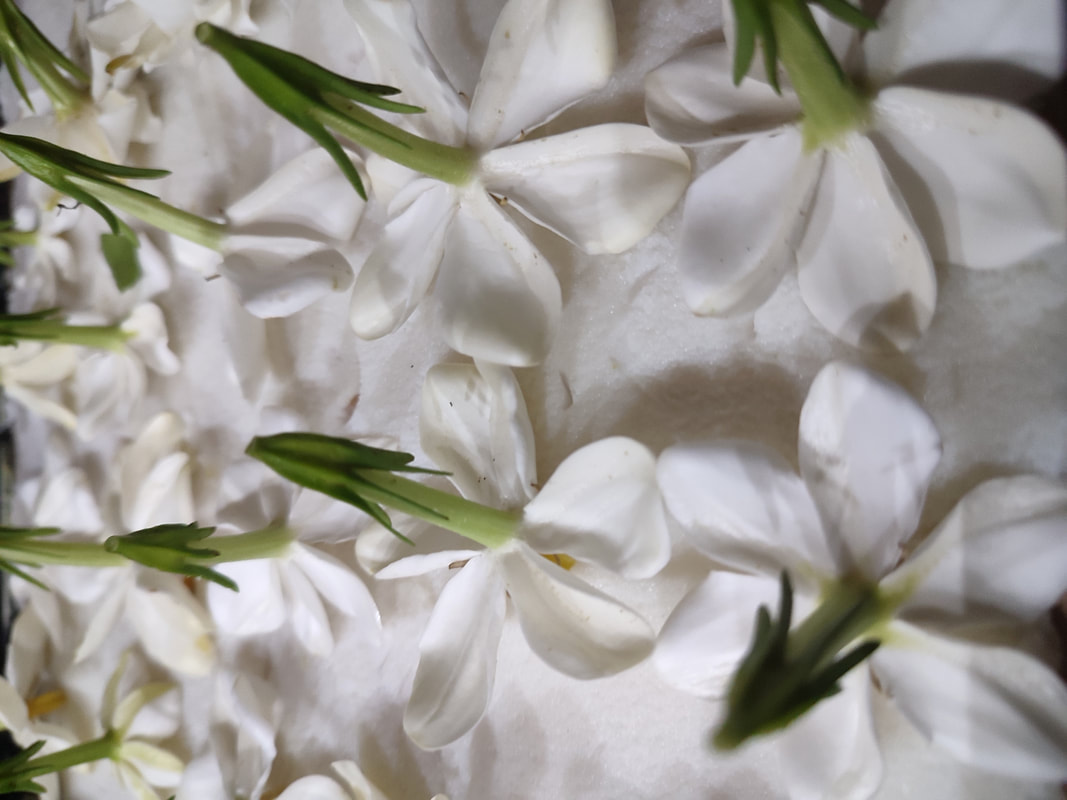
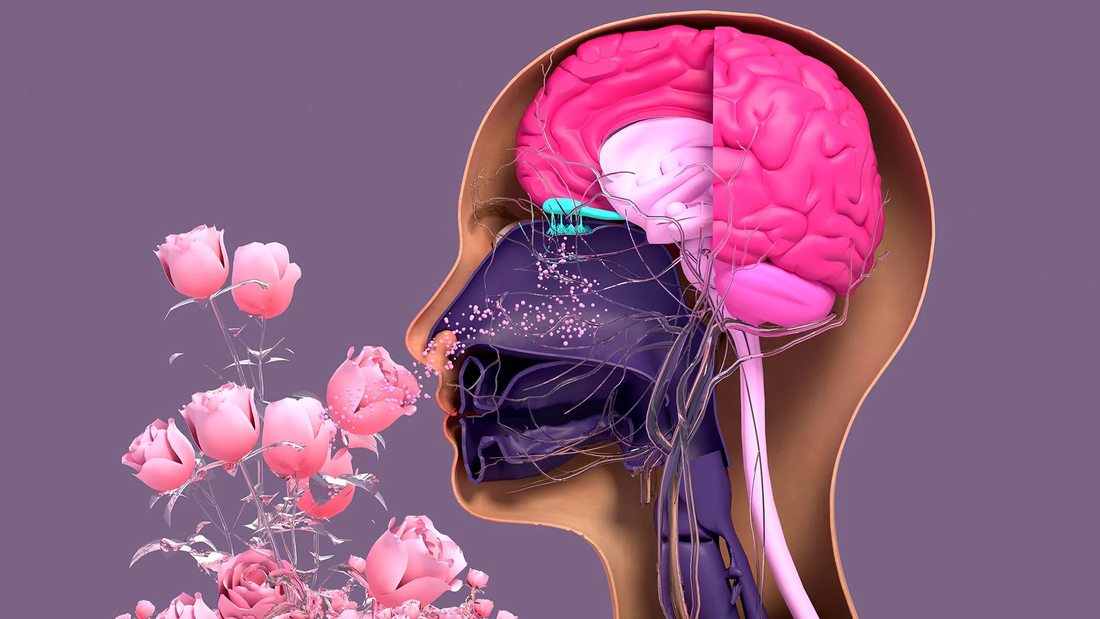
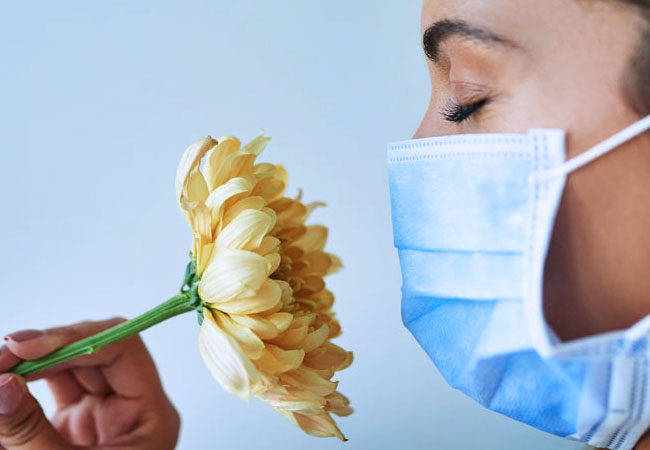
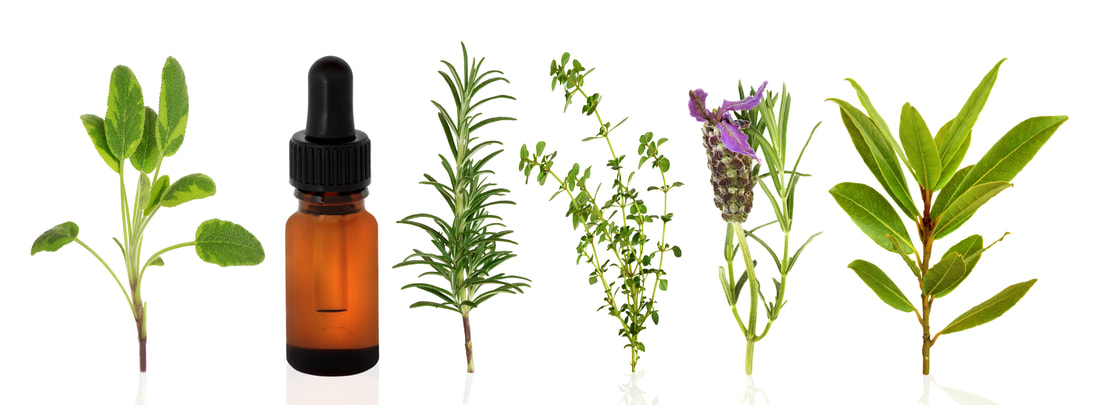
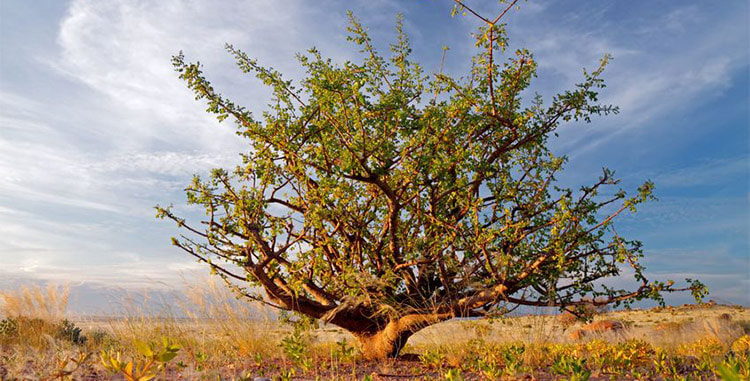
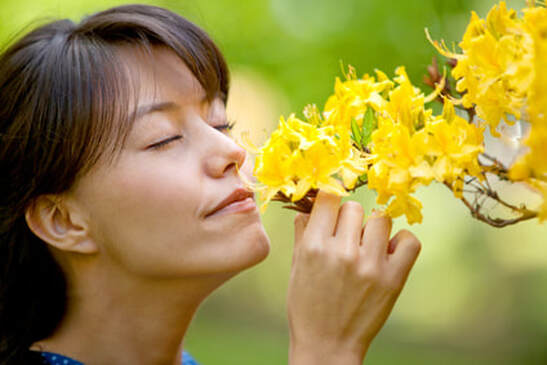
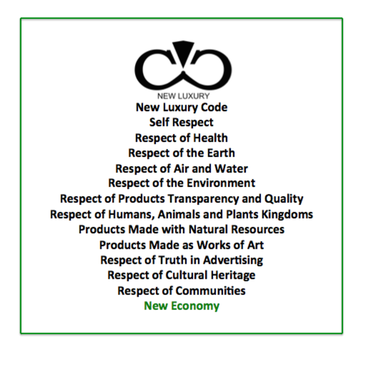
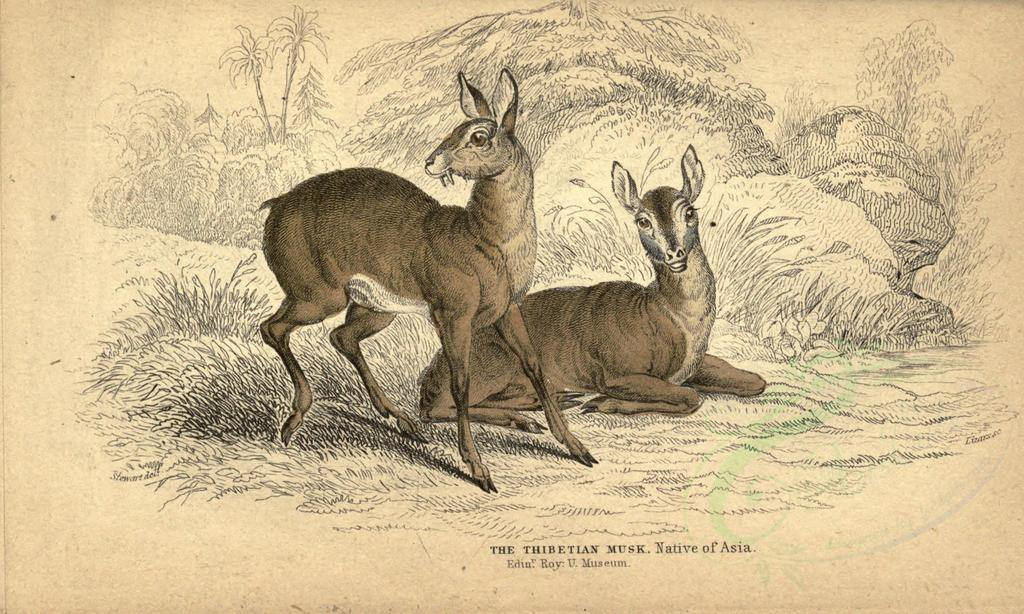
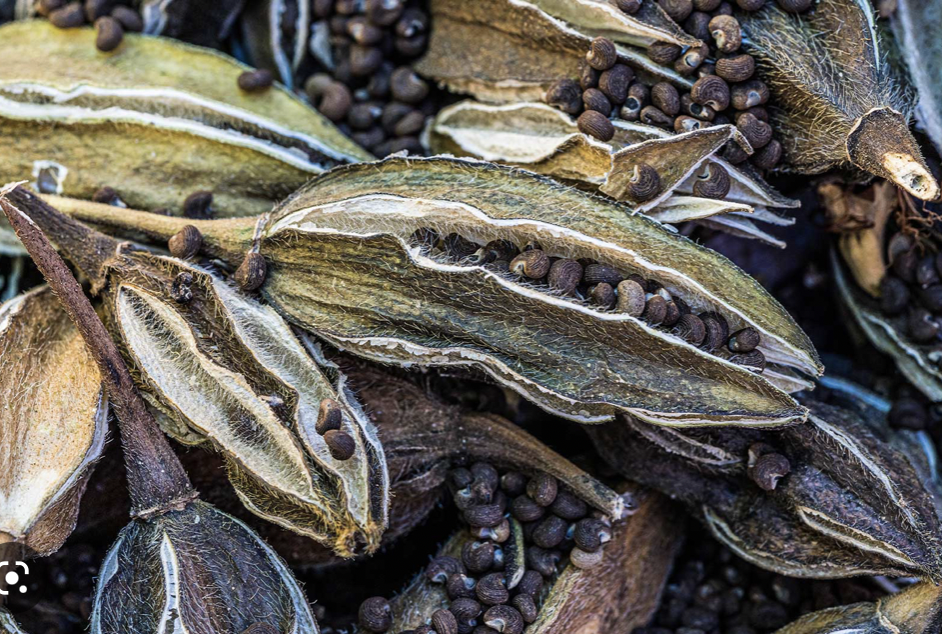
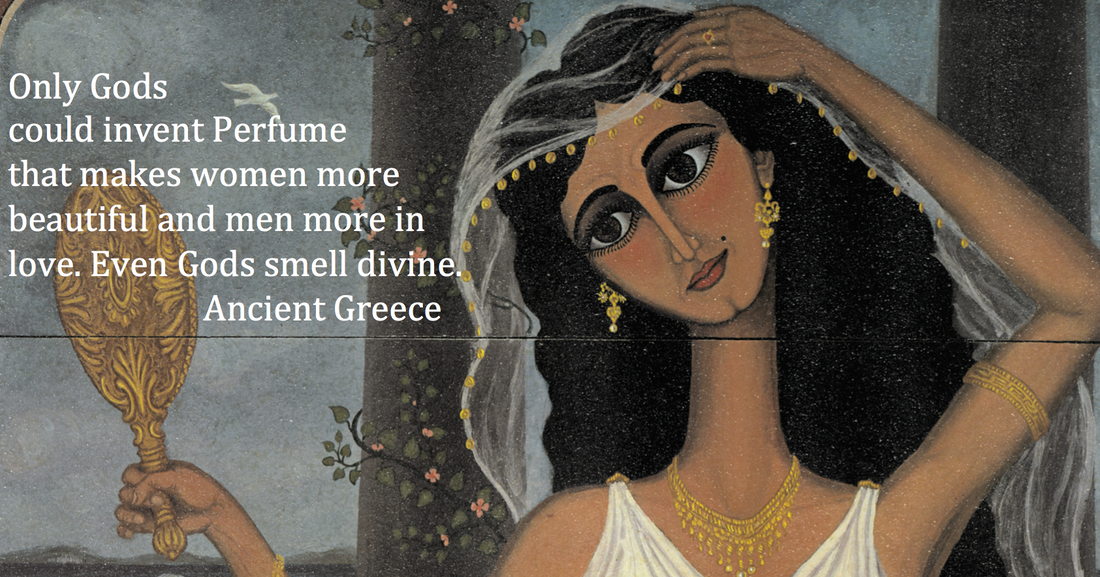

 RSS Feed
RSS Feed
